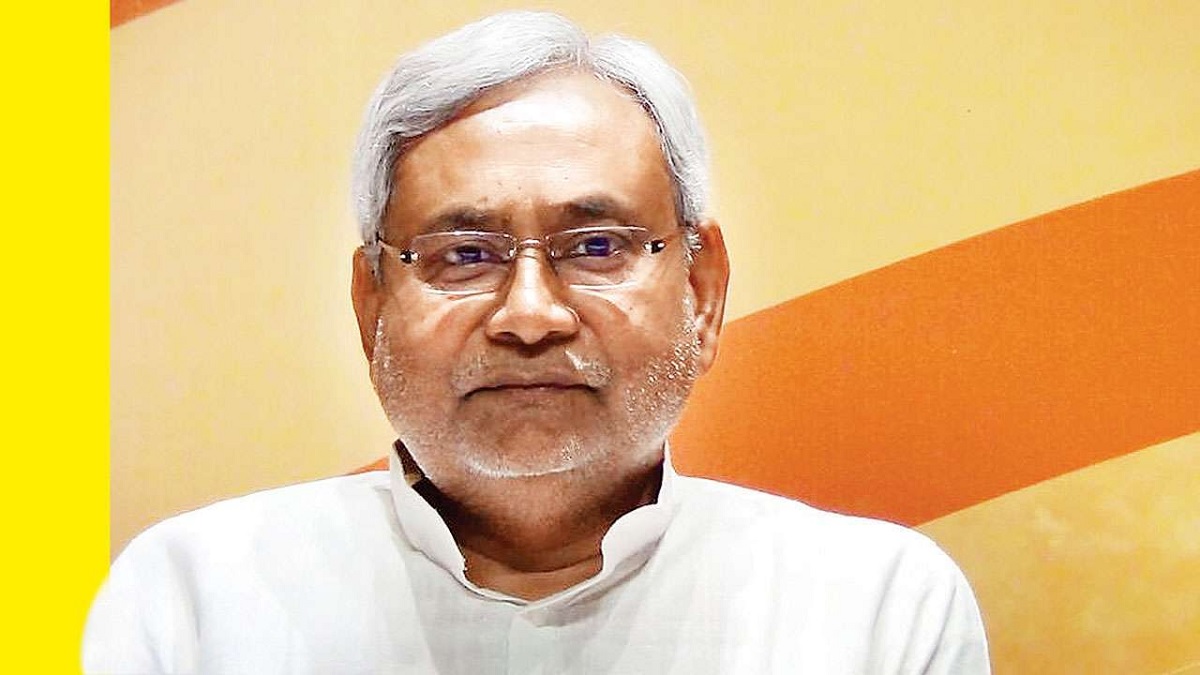
JDU leader and Chief Minister of Bihar Nitish Kumar is at it again. Nitish Kumar was sworn in as Chief Minister for the eighth time after resigning and then joining hands with RJD. In 2017, Nitish Kumar had dumped RJD after winning 2015 Assembly elections as part of Mahagathbandhan against BJP. In 2013, Nitish had snapped ties with BJP though he won the 2010 election mandate in alliance with the saffron party. It’s been a roller coaster ride for the Biharis considering the twists and turns of Nitish Kumar over the past decade. No ideology, no cause and no party seems sacrosanct for a thorough opportunist like Nitish Kumar. Sadly, the political system is indulgent of politicians like this for narrow short term gains even though clearly understanding that it wasn’t the voters’ choice. Voters have no say once elections are over and politicians like Nitish take advantage of it. The law has no recourse or restrictions to ensure this doesn’t happen despite the fact that this phenomena isn’t restricted to Bihar.
In 2019, the Shiv Sena and BJP fought elections in alliance as part of the Mahayuti. The incumbent Chief Minister Devendra Fadnavis stayed true to his promise “Mi Punha Yein” when the voters gave a clear majority to the alliance. In the first press conference after election results, then Shiv Sena leader Uddhav Thackeray opportunistically declared that other options are open to him. In the following months, he completed the betrayal by forming an alliance with INC-NCP combine. A popular comedy show among Marathi manoos “Chala Hawa Yeu Dya” few months later would joke: “I distributed sweets after my son failed because most of the students in the class failed and we are therefore the majority.” While the joke was on Chief Minister sitting in audience, it’s the common man’s mandate which was humiliated when parties rejected by people formed government. There is a sickening level of apathy towards the common voters when politicians like Uddhav Thackeray and Nitish nonchalantly shift allegiance.
In a thriving democracy, every elected representative has rights to hold and act on his/her individual opinions. The allegiance to parties and interest groups should not be cast in stone. However, a free-run to individual interests, opinions and ideologies by elected representatives will only lead to chaos and anarchy. While an individual voter can be elusive in his choice of candidate and do shift their voting preference from one election to another, an elected representative should be subject to checks and balances to ensure he stays true to the role at least during the term of office. The Anti-defection law added to the constitution as the tenth schedule in 1985 was precisely to arrest the practice of legislators changing political affiliation. It was in response to the toppling of several state governments by party hopping MLAs after the election of 1967. As per the 1985 act, defection of one-third of the elected members was considered a merger which didn’t invite penalty. The 91st constitutional amendment act 2003 changed it to two-thirds. The anti-defection law has been remarkably successful in its purpose as no elected representative wants to lose his seat. However, the law doesn’t provide for defection after a pre-poll alliance. In short, retail defection of few MLAs aren’t allowed. Wholesale of MLAs by party leaders after misleading promises to voters is allowed. Horse traders will have a bad day while those selling the whole stable of horses like Uddhav Thackeray and Nitish Kumar are having a field day.
In the case of Bihar & Maharashtra, the biggest losers are the common voters who believed the pre-poll promise and accordingly transferred their votes to appropriate parties. Indian democracy has been deepening and successful evident from diverging patterns in State and National elections. The Indian voters even in less developed states have matured over the decades and vote strategically and also understand what they are voting for. We are today a largely literate country unlike the post-independence India where symbols where the only markers to distinguish party in a nation where illiteracy was the norm. The Indian political system has improved over the years to attract promising young men and women into the echelons of power. In a democracy, the classic voter dilemma is the choice between an individual candidate vs the choice of a political party, its ideology & its policies. In the elections of a village sarpanch or even a councilor, the preferred choice tilts over an individual and his work but the state and national mandate depends on the larger vision of the political party, their promise and their manifestos.
With increasing sophistication in the way elections are fought and won and higher awareness among the masses, the practice of opportunism needs to be curbed to retain the trust of the voters. An anti-defection law to ensure people aren’t cheated in pre-poll alliance is the need of the hour. Smaller parties with only handful of MLA’s or MPs who don’t have a reserved symbol nor recognition as State party or National party can be kept out for the purpose of greater autonomy. Every party with the requisite percentage of votes to be recognized as “National party” or “State party” should be brought under its ambit so that the likes of Uddhav Thackeray and Nitish Kumar aren’t allowed to steal the people’s mandate.
The author is BJP spokesperson, advisor to former Chief Minister of Maharashtra, Devendra Fadnavis, and executive director of Maharashtra Village Social Transformation Foundation.